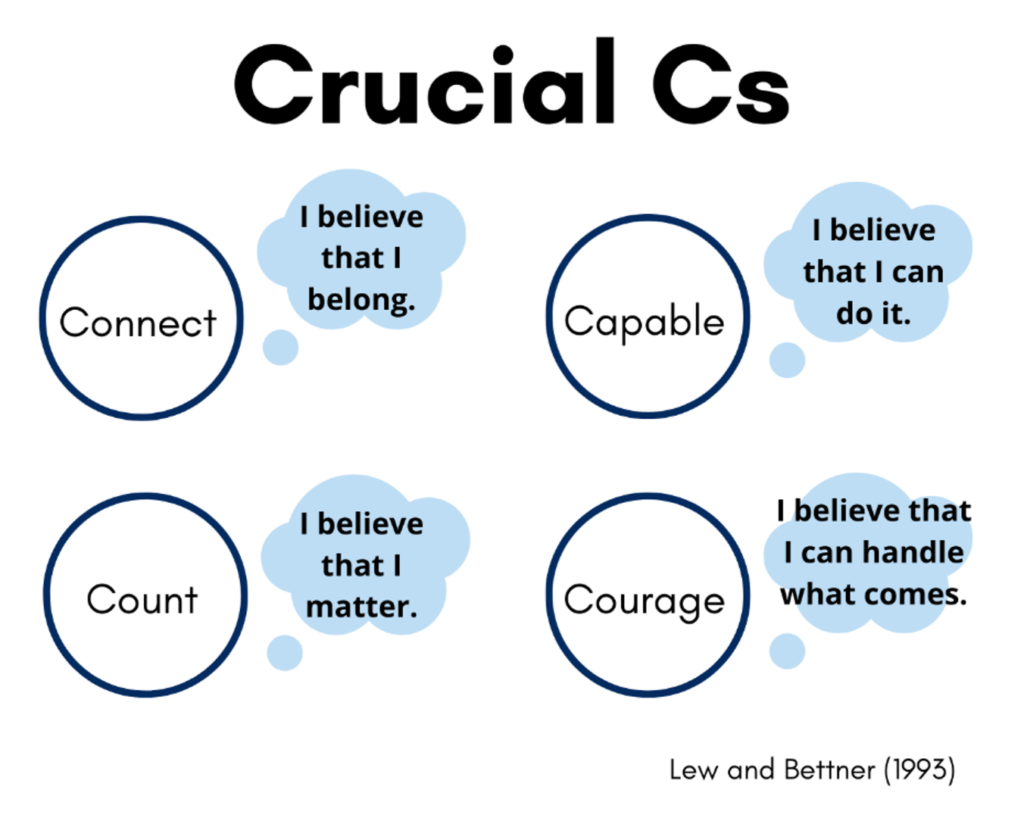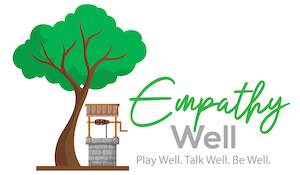These days, it seems our kids and teens are growing up in a world FULL of so many influences. Between their access to a variety of music on Spotify, tons of videos on YouTube and TikTok, and all of the social media influencers (what are those even?), there are opportunities for children to learn all kinds of information from sources outside of the home. As grateful as I am for aspects of technology that give us access to knowledge, connection, and enjoyment, I’m also aware that this access can be very overwhelming and provide opportunities for tough decisions for children to make.
So… what do we do?
One obvious solution I hear talked about a lot by other parents or professionals is to limit children’s access to technology and to other social situations in which they are faced with hard choices. This method involves rules like using parental controls on devices, giving phones and tablets to parents at night, or only allowing play dates or hang outs with kids whose parents we’ve met and know well. These all may be great and necessary boundaries to set in order to help set up your child for success and protect them from unsafe situations. And also, these methods usually focus on taking something away from your child and then raise even more questions and concerns for parents: How early should the curfew be? When is it okay to let them go to the park on their own with friends? When is it okay to give them their own phone? And then should I put an app on their phone to monitor activity?

Boundaries and limits are necessary in many situations to help the demands of the environment match the child’s development. You know…guidelines like no using the oven unsupervised until self-control and motor skills are developed enough to consistently use oven mitts, the timers, and the “off” button correctly, or only using a phone with parental controls until self-awareness and communication skills are strong enough for them to come to us for help with adult-sized problems they may encounter online. However, we can do even more for our children by focusing on equipping them with the skills they need to succeed and make responsible choices rather than focusing on what we can take away. Because, let’s face it, we won’t always be there to set those boundaries and limits for them. We also preserve and strengthen the parent-child relationship when we focus on building our children up rather than limiting their opportunities. This relationship is key to helping foster those social-emotional skills that are so important to their development.
The Crucial Cs
Theorists and researchers have been writing and speaking for decades about how important it is for children to develop strong social-emotional skills to grow up into healthy, cooperative, generally happy, productive, and self-reliant adults. One model that exists for parents to better understand these traits is the Crucial Cs, created by a couple of family therapists, Amy Lew and Betty Lou Bettner1. The model is pretty simple to remember and includes that there are four desires common to all people that, once met, help us to be resilient and successful. These characteristics include the four intrinsic beliefs that one (1) connects and belongs in society, (2) is capable and competent, (3) counts and is able to make a difference in the world, and (4) has courage to handle challenges.
Essentially, we want our kids to grow up with the following beliefs:
I believe that I belong.
I believe that I can do it.
I believe that I matter and can make a difference.
I believe that I can handle what comes.

When kids and teens experience these four beliefs, they can handle almost anything! Feeling connected can help them make healthier choices in relationships; feeling they are capable can help them feel comfortable enough to take responsibility for their actions; feeling as if they count can help them feel secure in their self-esteem; and feeling courage can help them try new things and continue to persevere even when life gets hard.
Seizing Opportunities to Foster Crucial Cs
There are plenty of big moments that happen in parenting that parents can use to teach life-long skills and values to children. However, these moments are often filled with high emotion and pressure. The most meaningful experiences for kids happen in our daily, simple interactions with them. These are the little opportunities that you can seize to build upon your child’s Crucial Cs without feeling too much pressure!
Some examples of ways to build these Crucial Cs are:
- Increase your child’s sense of connection by conveying empathy and reflecting their feelings often. (Check out Dr. Ray’s post, “The Most Powerful Tool in the Parenting Toolbox,” for more information about this one.)
- Provide your child with opportunities to feel capable by allowing them space to solve problems and handle responsibilities on their own in ways appropriate for their development. For toddlers, this may be allowing them to struggle with taking off their shoes on their own to provide opportunity for that “I did it!” moment of pride and success they will inevitably feel when they get it independently. For older children, this may look like returning the responsibility to them when they ask you to come up with a science project idea for them. For teens, this may be trusting them to create their own budget for their allowance or income then checking in with them to help them think about their successes and plans for next month.
- Help your child see that they count and can make a difference in the world by asking them to help contribute to important family decisions and experiences. For example, invite your child to participate in family meetings to discuss their opinions about plans for an upcoming dinner or trip, or allow your child to choose a task they’d like to help with around the house and point out the ways that task helps the family.
- Provide encouragement and trust in your child’s abilities to build their sense of courage. Notice your child’s efforts and strengths as they move through their day, especially when they make mistakes. Help them see mistakes aren’t the end of the world. For example, “You kept trying even when it was tough!” and “That paint spilled all over, and also we’ve got wipes to clean it up. Next time it may help to carry less cups at one time. Let’s try it.”
In future blog posts, I’ll cover even more information about each Crucial C and different ways to create opportunities for your child to feel more of “Connect,” “Capable,” “Count,” and “Courage.”

Conclusion
Our world provides many challenges for kids and teens—some of which we as parents aren’t even privy to at times. Of course, set limits and boundaries where needed based on your child’s development and what you think is best for them. And also, consider placing even more energy and focus on creating opportunities for your child to develop social-emotional traits such as the Crucial Cs to handle big feelings and tough experiences. When children feel connected, capable, like they count, and courageous, they are unstoppable!
1Lew, A., & Bettner, B. L. (1993). A parent’s guide to understanding and motivating children. Connexions Press.




